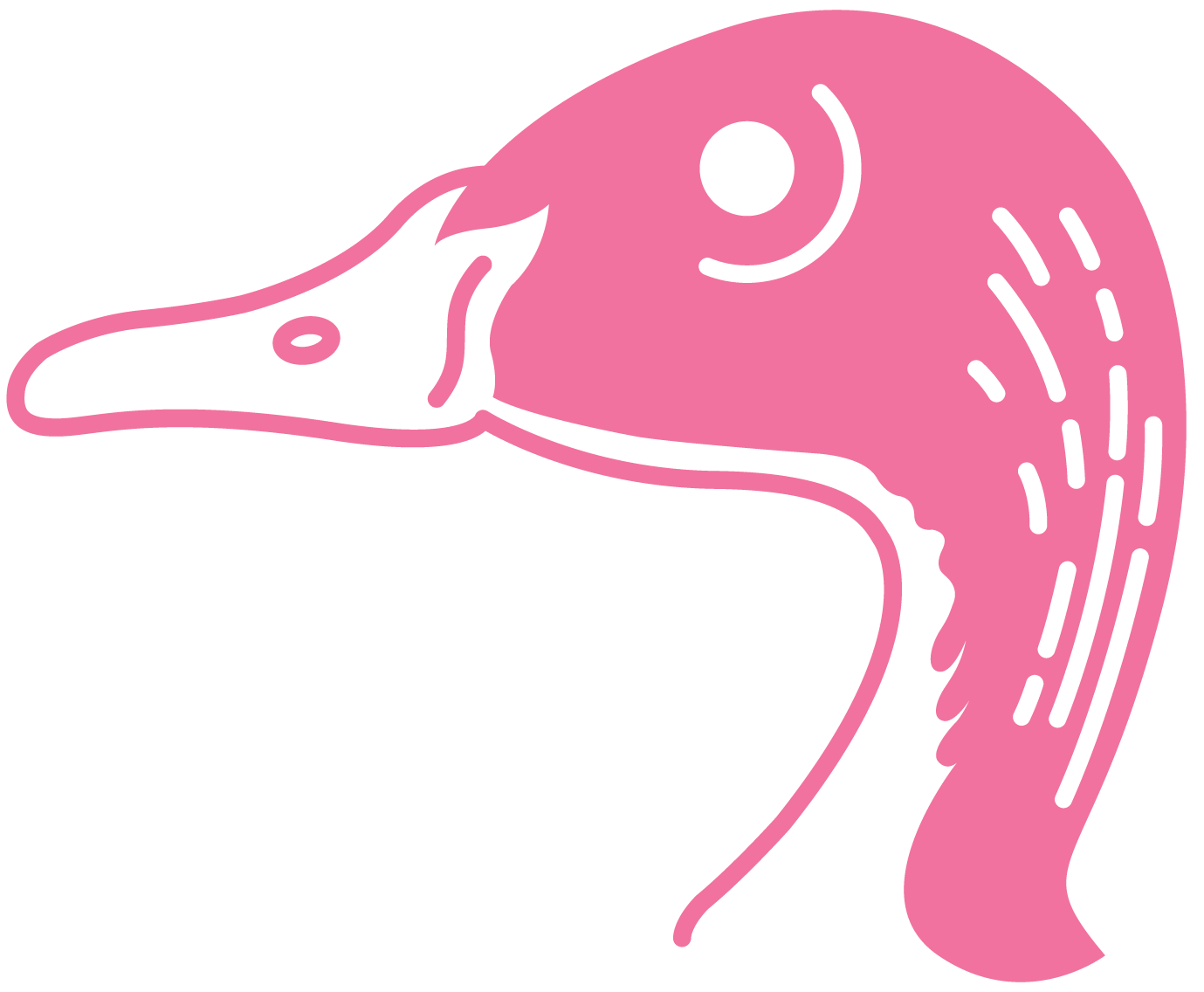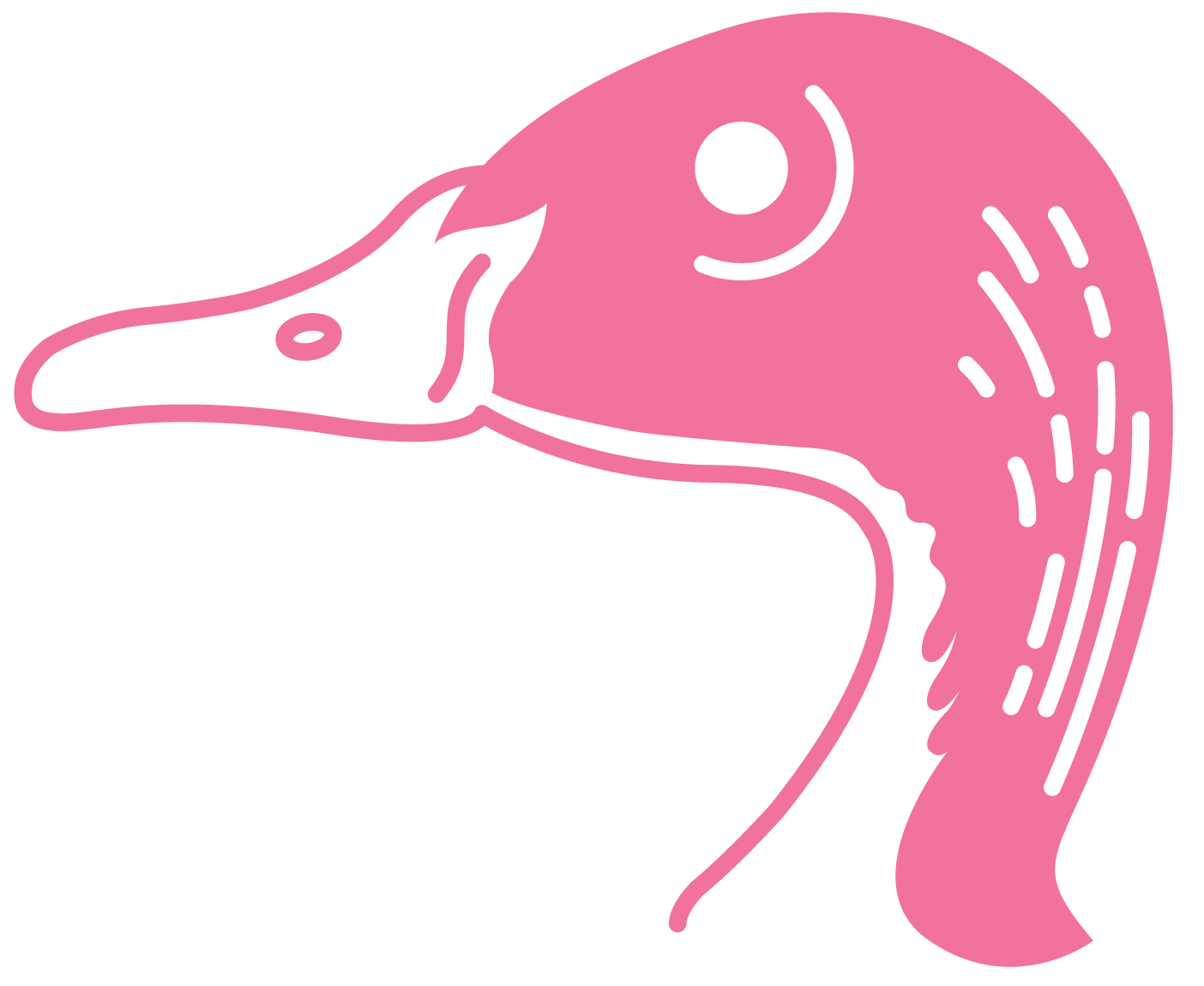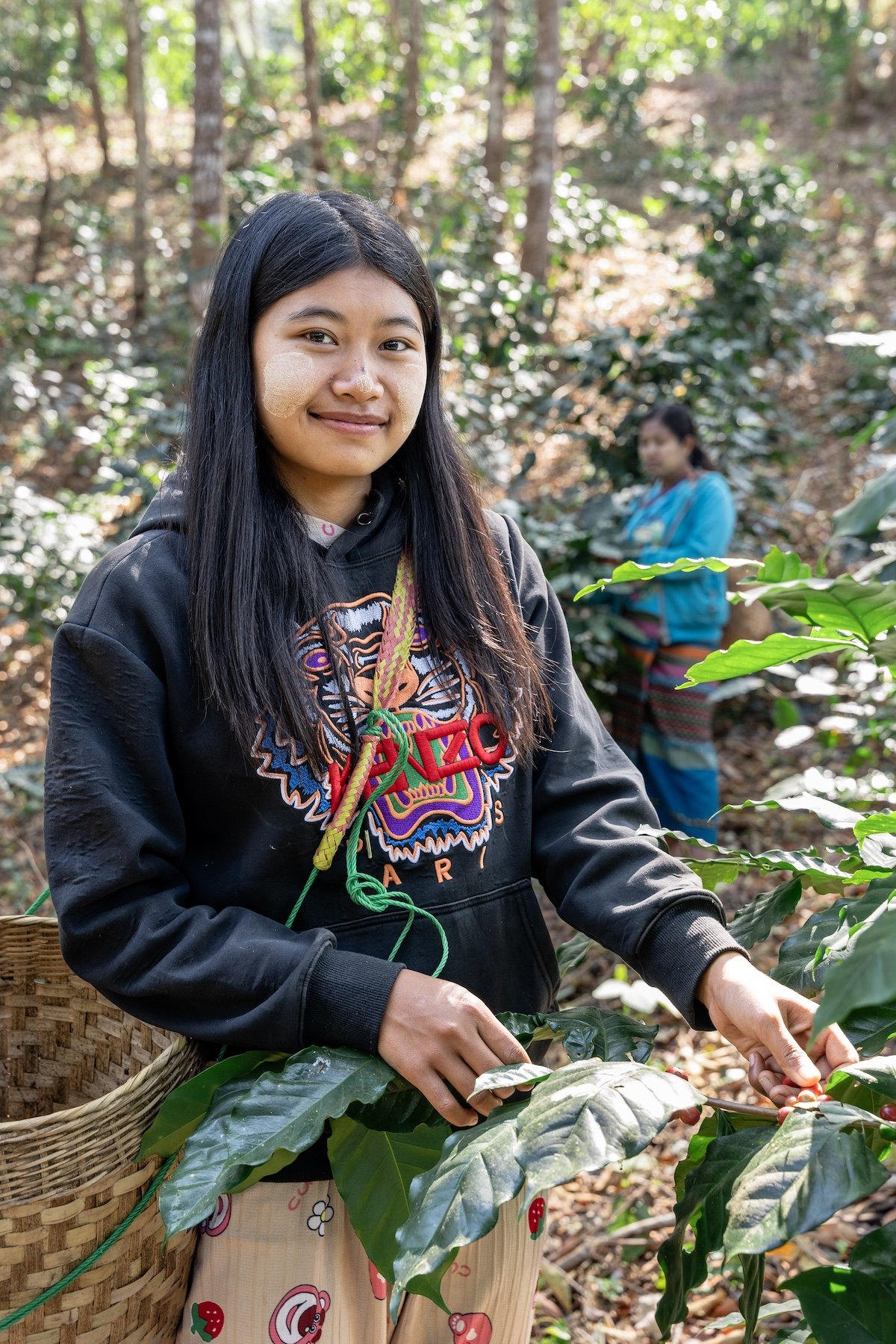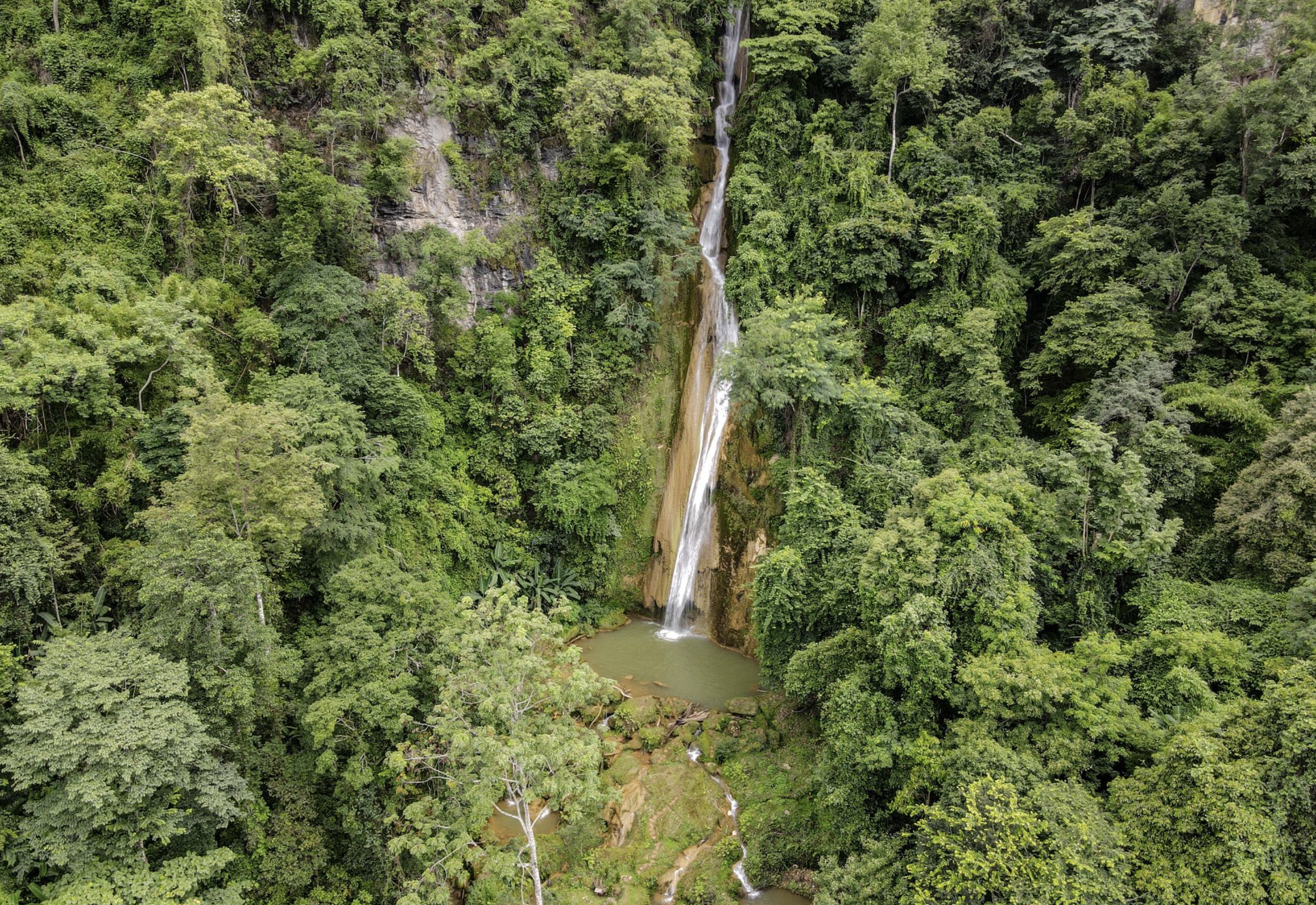
Da La Pin Village
“A bright, balanced and juicy natural that adds a fruity mix to any menu.”
Like so many of the specialty coffee-producing villages in Myanmar, Da La Pin has had a quick ascension to the top. In 2018, smallholder farmers here not only began specialty coffee production but also made their first-ever sale! Their 13 members make a tenacious team that is ready to keep increasing knowledge, quality and volume of specialty production—making this village one of Shwe Taung Thu’s most impressive lots.
About the origin:
Elevation: 1,353m (4,439 ft)
Ethnic groups: Danu
Production members: 13
Variety: Catuai
Location: 21.2518448, 96.5028727
Village name & history
Nestled in Ywangan’s northern mountains near the famous Ta Lone Cha Waterfall, this village is named after its unusual, more tropical residents. Da La Pin translates to “palm tree,” and the towering, three-story-tall palm tree in the village center is the inspiration for the name—as well as the many areca palms nearby that are farmed for their fruit (see photo below).
Prominent landmarks are a common choice for village names across Shan State and Myanmar as a whole. Old or new, before modern roads and smartphones connected many of these mountaintop villages, these isolated settlements had to distinguish themselves from their neighbors; and palm trees situated on a mountainside high above the lowlands, far from where palms grow naturally, is sure to stand out.
The people
The mountainous areas around Ywangan and Pindaya towns make up the ancestral homeland of the Danu people—and together they form the Danu Self-Administered Zone in Shan State. This Zone is also home to the Shwe Taung Thu co-op and each of Ywangan’s coffee-producing villages.
The name Danu comes from Pali, the sacred language of Theravada Buddhism, and translates to “archer,” referring to the awesome legend of Prince Kummabhaya and the Pindaya Caves. Among the stalactites and stalagmites high on a limestone ridge, the Prince famously used his bow and arrow to rescue seven princesses trapped in the caves by a giant spider. They carry this heroic story with them through the Danu name, which also underpins the spirit of their language and centuries of distinct customs born from this mystical region.
Stand-out flavor notes:
Cherry wine, red grape, and black tea
More photos






